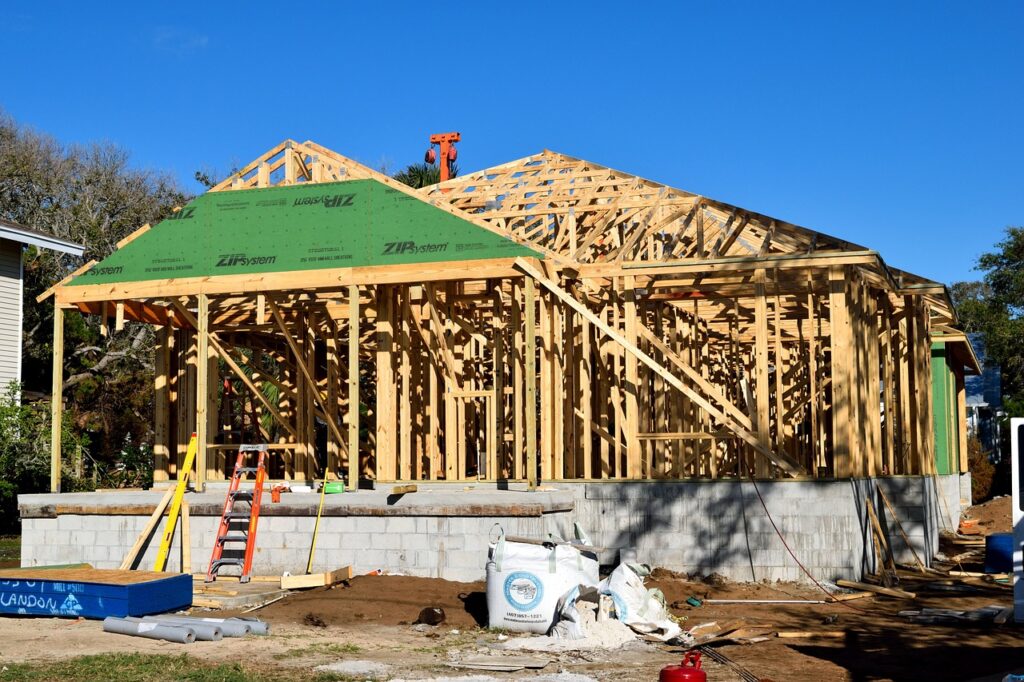Kitchen remodeling contractors specialize in updating and improving kitchen spaces by managing design, materials, and construction. They bring expertise that ensures the project stays on schedule, within budget, and meets the homeowner’s needs.
Choosing the right contractor can affect the quality and efficiency of the remodel. Experienced contractors provide guidance on layout, appliances, and finishes, balancing style with functionality.
Understanding what kitchen remodeling contractors do helps homeowners make informed decisions. Knowing their role clarifies expectations and leads to better communication throughout the project.
Choosing the Right Kitchen Remodeling Contractors
Selecting a contractor requires careful attention to their qualifications, legal compliance, and past work. The cost and scope of their proposals also play a critical role in making an informed decision. Each factor helps ensure the project meets expectations and stays within budget.
Evaluating Credentials and Experience
A contractor’s credentials and experience directly affect the quality of workmanship. Look for professionals with several years in kitchen remodeling specifically, as it involves unique challenges compared to general contracting.
Check for specialized training or certifications from industry bodies. These validate skills and adherence to best practices. Experience with local building codes and suppliers is also important.
Asking about recent projects and any challenges they faced provides insight into their problem-solving abilities. A history of projects similar in style and scale to the planned remodel signals suitable expertise.
Checking Licenses and Insurance
Licensed contractors comply with state laws and meet minimum standards for competence. Verify the license is current by checking with the appropriate licensing board.
Insurance protects the homeowner from liability in case of accidents or property damage. Essential coverage includes general liability and workers’ compensation insurance.
Request proof of both licenses and insurance before signing any contract. This ensures financial and legal protections are in place throughout the project.
Reviewing Portfolios and Client Testimonials
A contractor’s portfolio illustrates their design capabilities and craftsmanship quality. Review photos of completed kitchens, noting attention to detail and finish quality.
Client testimonials provide an unfiltered view of past customer experiences. Focus on feedback about timeliness, communication, and how well the contractor met project goals.
Online reviews should be balanced with direct references. Speaking with former clients helps verify claims and uncover potential issues.
Comparing Quotes and Project Proposals
Obtain detailed written estimates from at least three contractors. These should break down labor, materials, permits, and any other costs clearly.
Compare the scope of work each proposes. Cheaper quotes might exclude critical tasks, while high bids don’t always mean better quality.
Look for proposals that specify timelines, payment schedules, and warranties. Clear terms prevent misunderstandings during construction and post-completion.
Kitchen Remodeling Process and Best Practices
A successful kitchen remodel requires careful coordination of design, budgeting, scheduling, and construction quality. Each stage directly affects the final outcome and client satisfaction.
Initial Consultation and Design Assessment
The process starts with a thorough consultation to understand the homeowner’s needs, lifestyle, and style preferences. Contractors evaluate the existing kitchen layout, noting structural elements like plumbing, electrical systems, and ventilation.
They often use digital tools or sketches to develop initial design concepts. This stage includes discussing functionality improvements and assessing potential challenges. Clear communication between the homeowner and contractor ensures the project aligns with expectations.
Budget Planning and Materials Selection
Setting a realistic budget early prevents unexpected costs. Contractors break down expenses into labor, materials, permits, and contingency funds.
Materials selection impacts both cost and durability. Homeowners choose among options like hardwood or laminate cabinets, granite or quartz countertops, and various flooring types. Contractors advise on balancing aesthetics with long-term maintenance requirements.
A detailed budget spreadsheet often helps track costs and avoid overruns.
Project Timeline Management
A detailed schedule ensures the remodel progresses efficiently. Contractors create timelines specifying start and finish dates for demolition, plumbing, electrical work, cabinetry installation, and finishing.
They coordinate with subcontractors to minimize downtime. Delays often arise from material availability or unforeseen repairs, so contingency time is included.
Regular updates keep homeowners informed about progress and any schedule changes.
Ensuring Quality Workmanship
Experienced contractors prioritize precision during installations and finishing work. They follow building codes and manufacturer guidelines rigorously.
Quality checks at each phase prevent costly rework. Contractors verify plumbing and electrical connections function correctly and that cabinetry and appliances are securely installed.
Using licensed and insured professionals reduces risks related to defects or liabilities.


